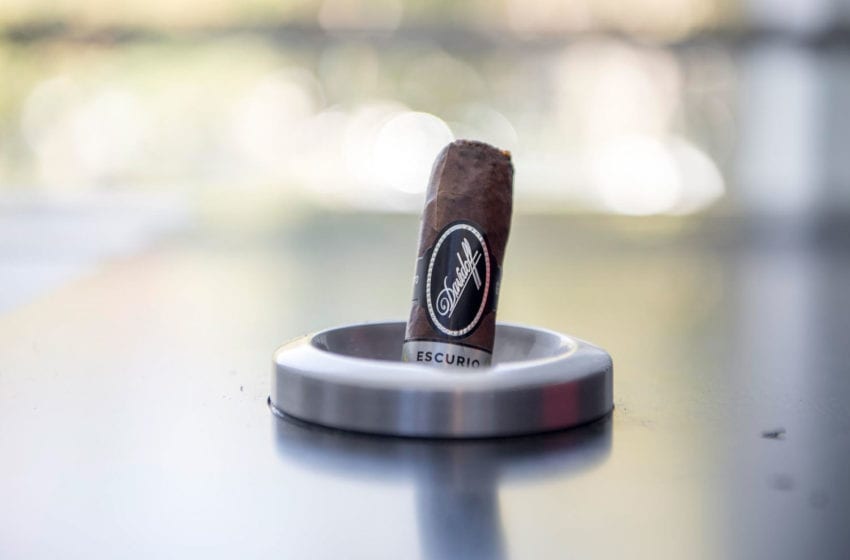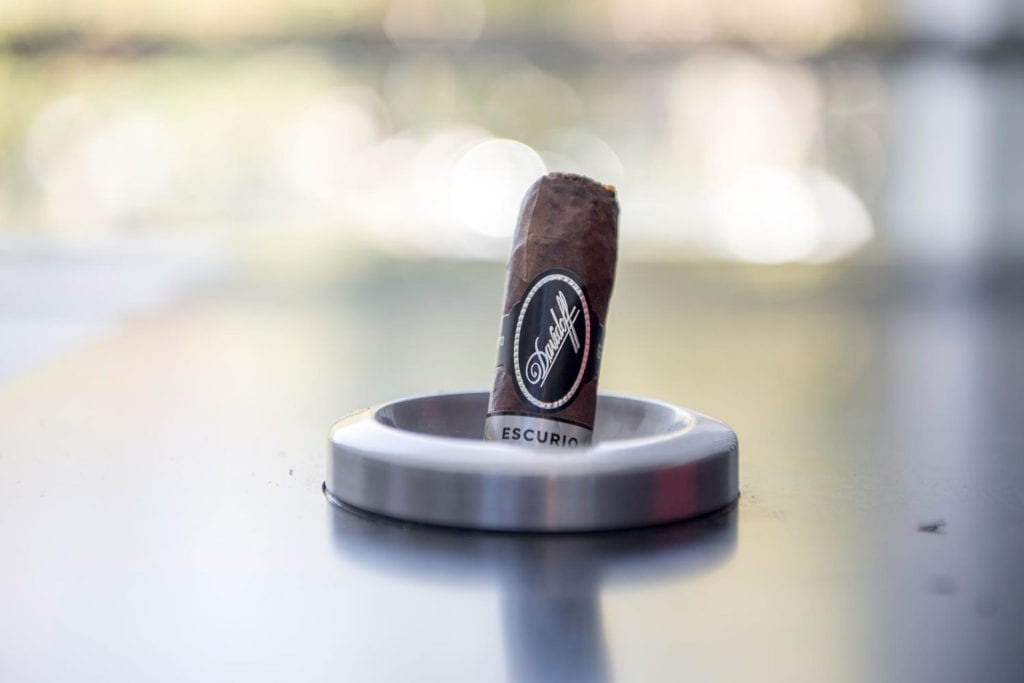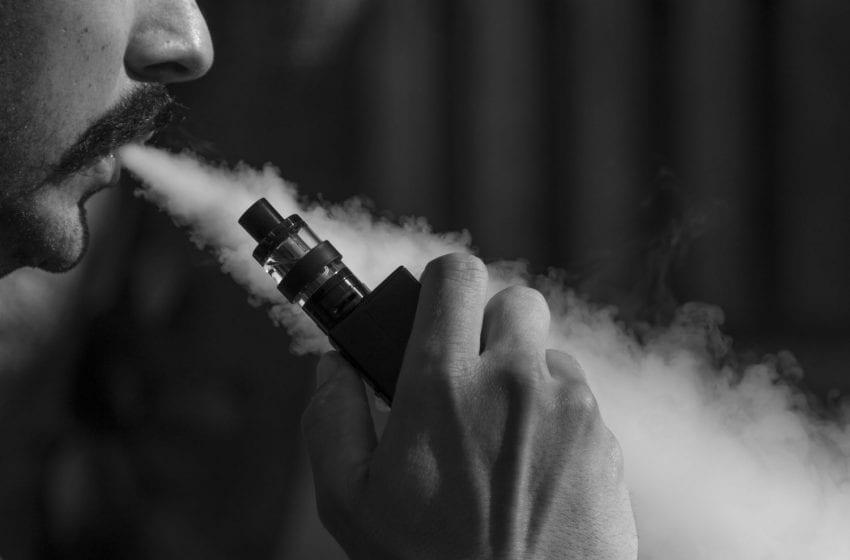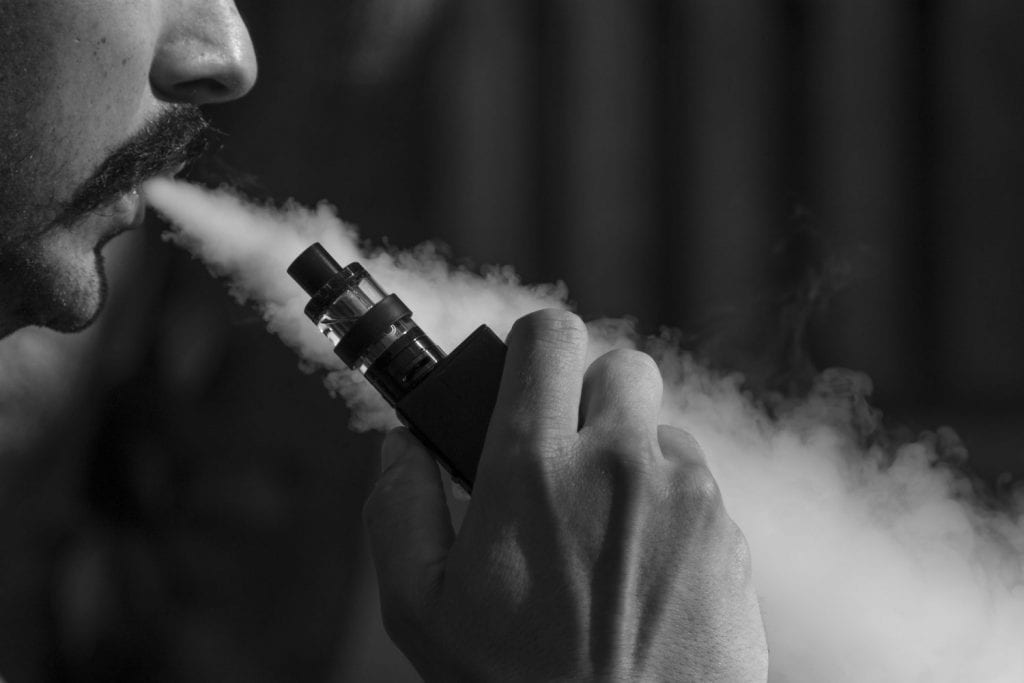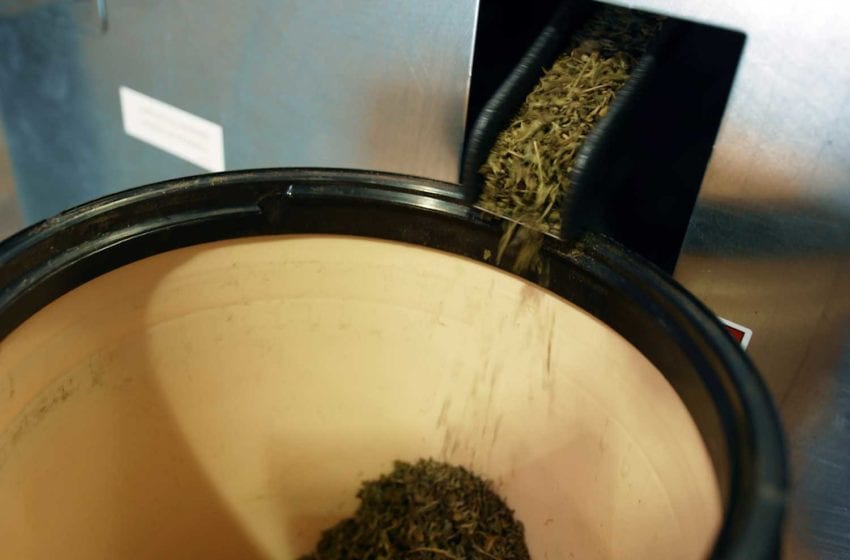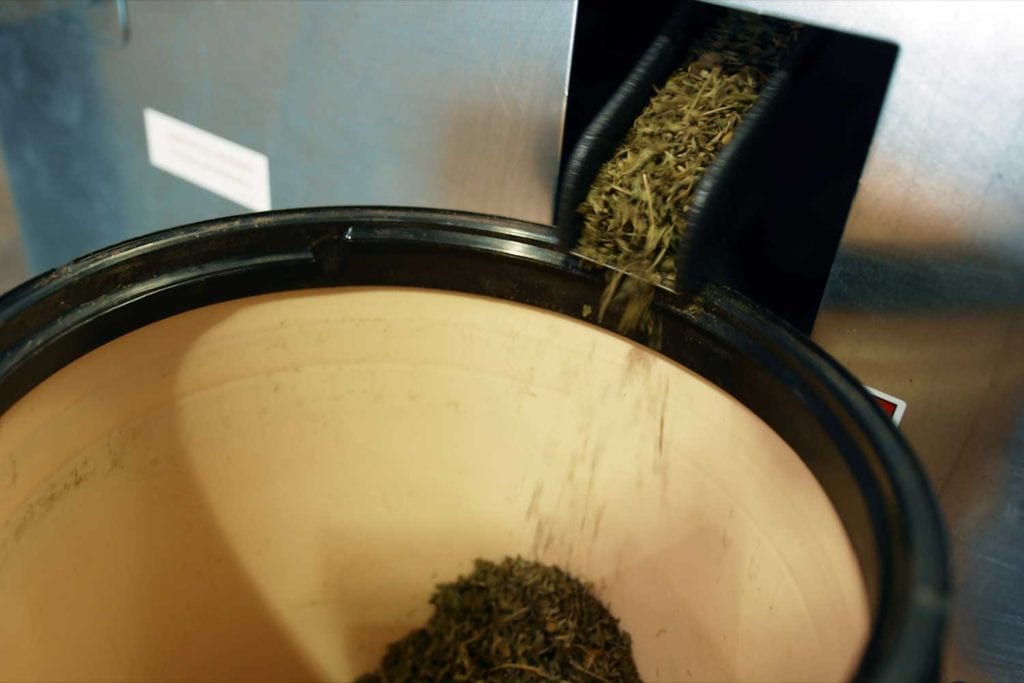
The government of Croatia is trying to convince British American Tobacco (BAT) to stay in Kanfanar, reports SeeNews. In June, reports surfaced that the company might relocate its Croatian factory to another country.
“We are holding talks; I am sure that we will reach a quality agreement that will enable them to stay in Croatia,” Prime Minister Andrej Plenkovic said in a press release on Tuesday.
BAT acquired the cigarette factory in 2015 when it acquired Tvornica Duhana Rovinj. At the time of its entry into Croatia, BAT signed a deal to stay in the country at least five years, according to Plenkovic. In 2018, BAT announced a €40 million investment in its Kanfanar facility.
The factory in Kanfanar currently produces 12 billion cigarettes per year. Its production capacity is 20 billion units.
In June, Glas Istre reported that some 500 employees could lose their jobs if the tobacco giant moved its Kanfanar production abroad.



